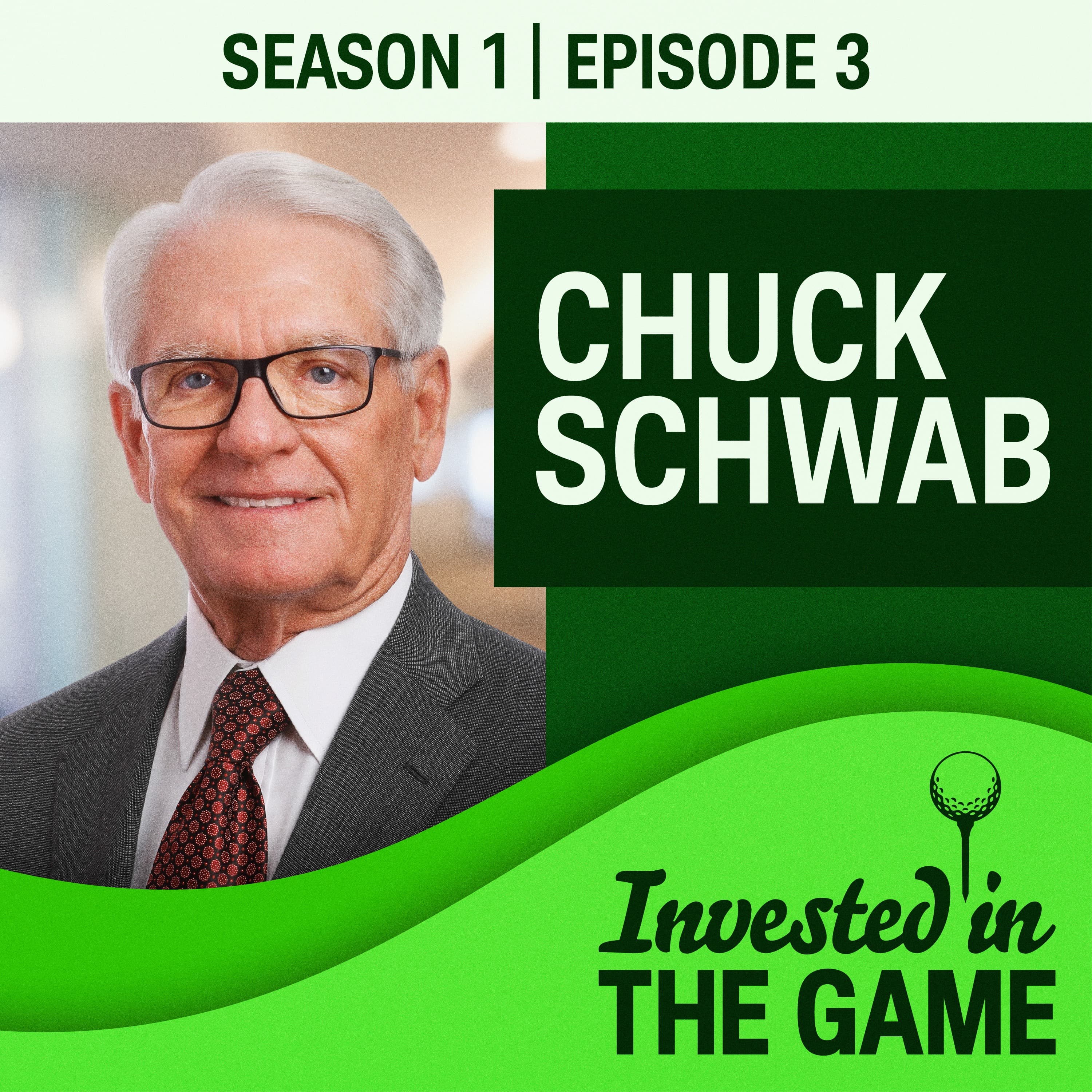In this episode, Mason Reed sits down with Chuck Schwab, the founder of the Charles Schwab Corporation. Chuck reflects on the 50th anniversary of the deregulation of trading commissions, known as May Day, and its profound impact on investors and the financial industry. He shares insights into the growth of the firm, emphasizing the importance of client relationships and the commitment to providing affordable investing options. Chuck also offers valuable advice for aspiring investors, highlighting the significance of viewing investing as a lifelong journey.
The discussion transitions to golf, where Chuck draws parallels between the game and life, discussing his passion for golf and its role in connecting with clients. He expresses optimism for the future of both investing and golf, underscoring the importance of teaching life skills through initiatives like the First Tee charity.
Invested in the Game is an original podcast from Charles Schwab.
If you enjoy the show, please leave a rating or review on Apple Podcasts.
The comments, views, and opinions expressed in the presentation are those of the speakers and do not necessarily represent the views of Charles Schwab.
Data contained herein from third party providers is obtained from what are considered reliable source. However, its accuracy, completeness or reliability cannot be guaranteed and Charles Schwab & Co. expressly disclaims any liability, including incidental or consequential damages, arising from errors or omissions in this publication.
All corporate names and market data shown above are for illustrative purposes only and are not a recommendation, offer to sell, or a solicitation of an offer to buy any security.
Investing involves risk, including loss of principal.
Apple, the Apple logo, iPad, iPhone, and Apple Podcasts are trademarks of Apple Inc., registered in the U.S. and other countries. App Store is a service mark of Apple Inc.
Spotify and the Spotify logo are registered trademarks of Spotify AB.
